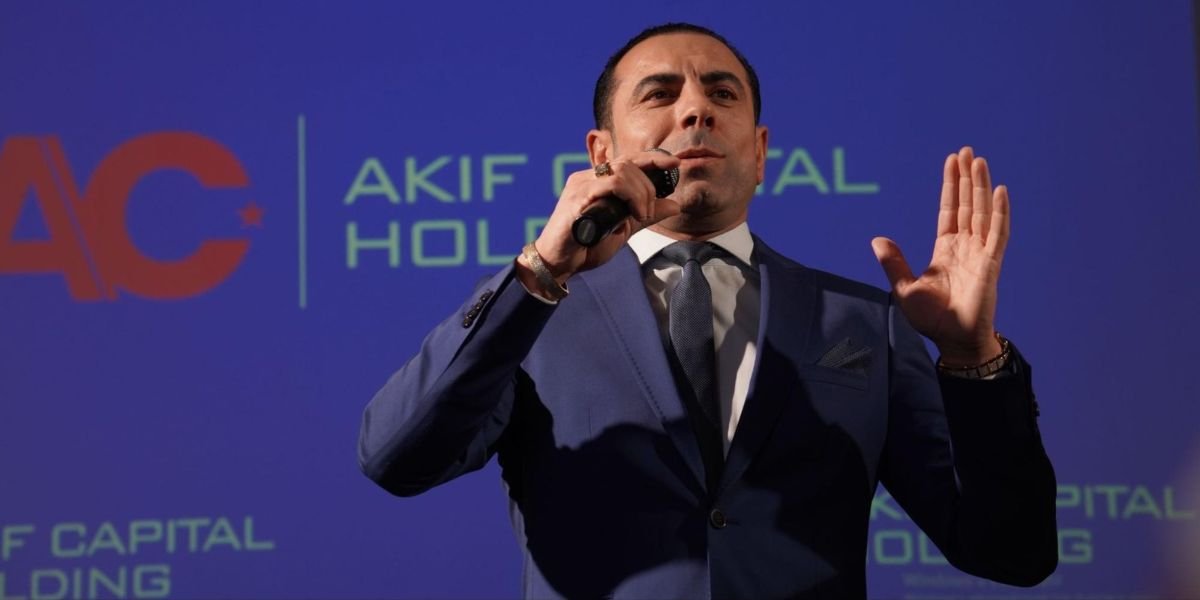By: Hannah Scott
Introduction: Mind Over Matter in the Ring
What separates the good fighters from the great ones? While physical prowess can catch the eye, it’s often the strength of the mind that crowns the champion.
In the high-stakes world of combat sports, competitors such as Zach ‘Ziggy’ Johnson show just how pivotal mental strength is to physical prowess. A practitioner of “actions speak louder than words,” Zach’s mental training philosophy is a model for success in and out of the ring.
In combat sports, mental resilience can be as demanding as the physical challenges. Athletes face not only their opponents but also the immense pressure of competition and the expectations of spectators.
As sports psychologists note, mental fitness is paramount. It helps athletes handle stress, stay focused, and excel under pressure. Visualization, positive thinking, and mindfulness are common practices in the conditioning environment.
Zach takes his mental preparation seriously, integrating techniques that enhance focus and resilience. “Visualization plays a huge part in my prep,” Zach shares. “I envision every possible scenario in the ring, which helps reduce anxiety and increase confidence.” This mental rehearsal is complemented by mindfulness exercises that keep him present in each moment of the fight. It is crucial to react swiftly to an opponent’s moves.
Every athlete encounters setbacks, but not all can turn those into stepping stones. While Zach’s career seems to consist of multiple wins and losses, what it really points to is his emotional durability. “Every defeat shows me something crucial about myself and my technique,” Zach says. Such a way of preserving experience turns potential negative occurrences into priceless life lessons. This form of emotional durability allows him to come back twice as hard.
Zach’s innate competitiveness and relentless pursuit of excellence fuel his rigorous approach to mental and physical training. His philosophy that actions manifest from strong mental foundations shapes his day-to-day life and performance during fights. This drive is apparent in his meticulous preparation and his calm demeanor under pressure. These traits have earned him respect in the boxing community.
Psychological Strategies Used During Fights
During matches, Zach employs a range of psychological strategies to gain the upper hand. Managing emotions is key; maintaining calm can intimidate an opponent and influence the pace of the fight. Zach also practices stress management techniques to keep his cool in critical moments, a skill that often makes the difference between a win and a loss.
The benefits of mental fitness extend beyond immediate fight outcomes. Athletes like Zach, who prioritize mental health and resilience, tend to enjoy longer, more successful careers. “Staying mentally fit means I can handle the ups and downs of this sport without burning out,” Zach explains.
Mental wellness greatly aids in recovery, allowing athletes to bounce back from injuries faster than if they only focused on physical rehabilitation.
Conclusion: The Integral Role of Mental Fitness
Zach ‘Ziggy’ Johnson’s career is a testament to the power of mental fitness in sports. By combining physical skill with strong mental discipline, he has become both a tough competitor and a role model for aspiring athletes. His journey underscores the critical role of mental training in achieving and sustaining high levels of performance.
For young athletes, coaches, and trainers, embracing mental fitness techniques is essential for cultivating a well-rounded skill set. Following Zach’s lead, adopting these practices can lead to success in sports, personal growth, and greater resilience.
As sports training merges physical and mental aspects, the future is shaping up to focus more on overall wellness, with mental fitness playing a key role.
Published By: Aize Perez











